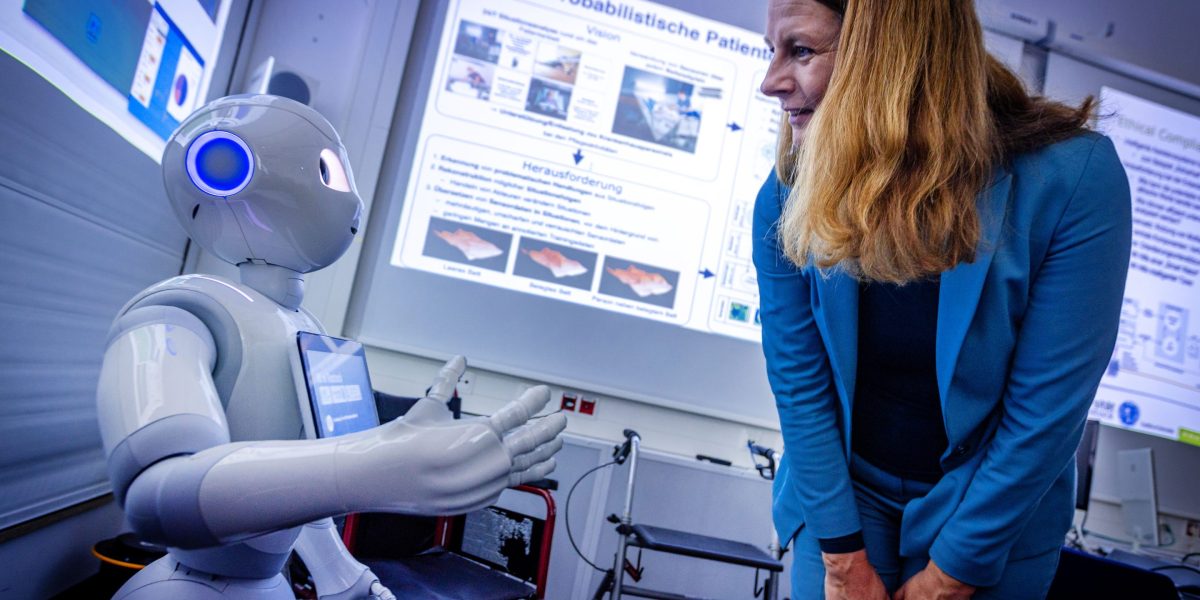The Massachusetts Institute of Technology conducted a study revealing that artificial intelligence is not yet cost-effective enough to replace the majority of jobs. The research focused on the potential impact of AI on various industries and found that only 23% of workers could be feasibly replaced by AI due to the high costs associated with implementing and operating AI systems for tasks like computer vision.
The study highlighted that while the adoption of AI has accelerated in recent years, particularly with advancements in technologies like computer vision, the cost-effectiveness of AI automation remains limited. Companies such as Microsoft, Alphabet, Baidu, and Alibaba have been actively developing AI services, but concerns have been raised about the rapid pace of AI deployment and its implications for job displacement.
Computer vision, a key aspect of AI, enables machines to interpret visual data, with applications ranging from autonomous driving to image categorization. The study identified sectors like retail, transportation, warehousing, and healthcare as having the most potential for cost-effective AI implementation. However, the researchers emphasized that only a small percentage of tasks can currently be automated efficiently, with the potential for growth to 40% by 2030 as technology improves and costs decrease.
The research also discussed the impact of advanced AI models like ChatGPT and Google’s Bard on job markets, noting that these systems have the capability to perform tasks previously exclusive to humans. Concerns about AI’s impact on employment have been echoed by industry experts, with estimates suggesting that nearly 40% of global jobs could be affected by AI in the coming years.
While discussions at events like the World Economic Forum have centered around AI’s potential to disrupt the workforce, the study underscored that the extent of automation varies across industries. For instance, retail and healthcare are likely to see more automation compared to sectors like construction and real estate.
Overall, the study sheds light on the evolving landscape of AI in the workforce, emphasizing the need for a balanced approach to leveraging AI’s potential while considering the implications for job security and economic stability.






